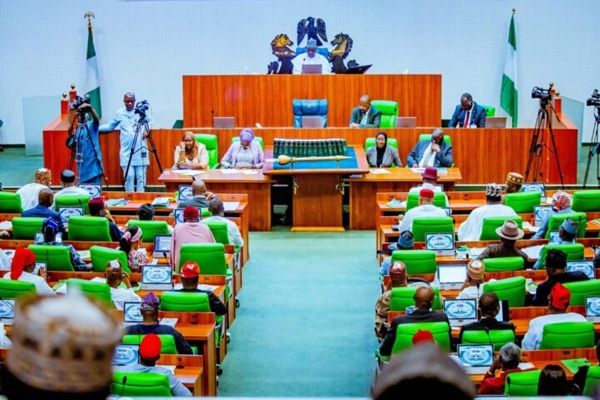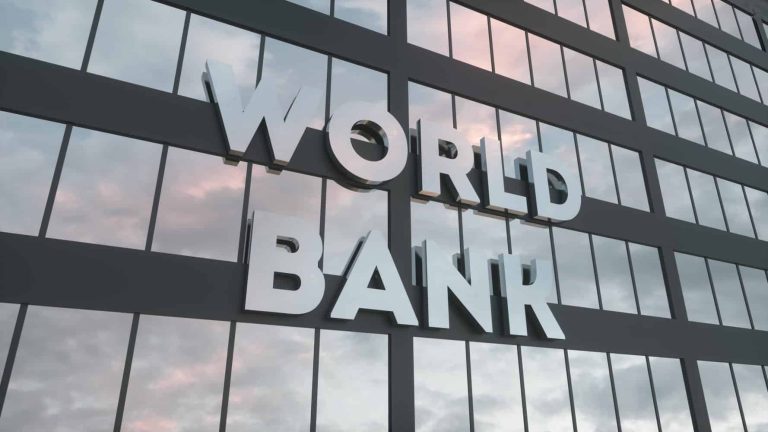
The House of Representatives on Thursday mandated its relevant committees to investigate the non-functionality of state-owned petroleum refineries in Port Harcourt, Warri, and Kaduna, despite the reported expenditure of about $18bn on their rehabilitation over the past two decades.
The resolution followed the consideration and adoption of a motion on notice moved by Lagos lawmaker, Oluwaseun Whinghan, during a plenary session presided over by the Deputy Speaker, Benjamin Kalu.
The Federal Government owns four petroleum refineries two in Port Harcourt and one each in Warri and Kaduna.
Managed by the Nigerian National Petroleum Company Limited, the refineries have suffered perennial decline due to poor administration and vandalism a situation that has left the country dependent on imported refined products.
Recently, billionaire businessman Aliko Dangote argued that the chances of the refineries returning to optimal operation were slim, even as the Group Chief Executive Officer of NNPCL, Bayo Ojulari, stated that selling off the national assets would not be ruled out.
Moving the motion, Whinghan, who represents the Badagry Federal Constituency of Lagos State, said the House was worried about the persistent non-functionality of Nigeria’s state-owned refineries in Port Harcourt, Warri, and Kaduna.
This, he noted, is despite over two decades of rehabilitation efforts and an estimated $18bn spent on turnaround maintenance, with no tangible results to show.
According to the Lagos lawmaker, Nigerians are worried that despite consistent annual budgetary allocations over the years, “there is no verifiable evidence of substantial rehabilitation outcomes, representing a gross misuse of public funds and a betrayal of public trust.”
Following the adoption of the motion, the House urged its Committees on Petroleum Resources (Upstream, Downstream, and Midstream), Gas Resources, and Public Assets “to investigate funds appropriated and disbursed for the rehabilitation of the Port Harcourt, Warri, and Kaduna refineries between 2010 and 2024.”
The committees are to “ascertain the status of the refineries, examine how public funds were utilised, identify agencies responsible for infractions or mismanagement, and report within four weeks for further legislative action.



